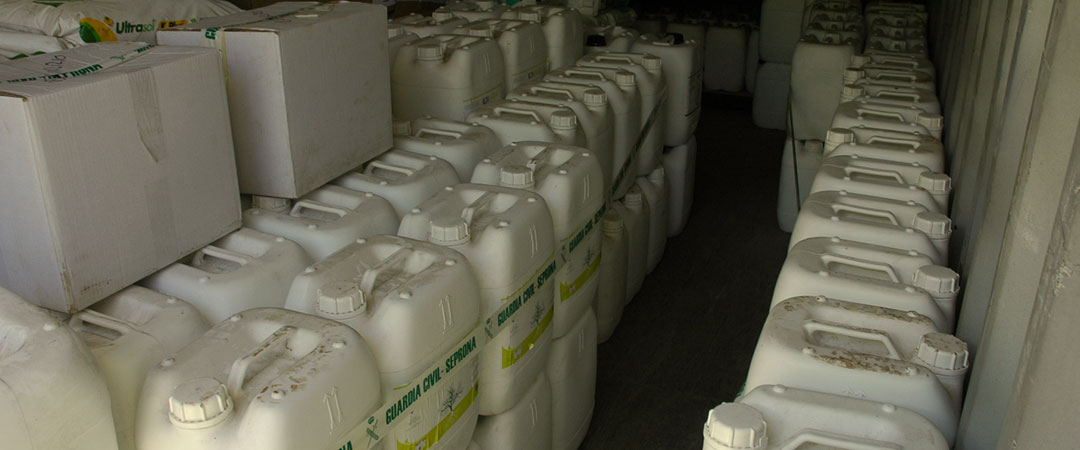EIOPA publishes report on artificial intelligence governance principles
The European Insurance and Occupational Pensions Authority (EIOPA) published today a report from its consultative expert group on digital ethics setting out artificial intelligence (AI) governance principles for an ethical and trustworthy AI in the European insurance sector.
The report builds on recent international and EU developments in the area of digitalisation and AI. EIOPA convened the consultative expert group so that a wide range of stakeholders could work together identifying the opportunities and risks associated with the growing use of AI in insurance, including exploring possible limits that might be needed.
The report highlights the proliferation of AI in insurance. For instance, AI allows insurance companies to carry out more granular risk assessments and pricing practices, increasingly efficient claims management processes, and enables insurance companies to fight against fraud more effectively.
Benefits such as prediction accuracy, automation, new products and services, and cost reductions can be remarkable. However, ensuring fairness, non-discrimination, transparency and explainability can be challening: there is work for firms to address these challenges.
The issues raised are of critical importance in the face of the digital transformation currently underway in the sector. Developing a sound AI governance framework is therefore essential for a well-functioning, trusted and financially inclusive insurance sector.
The report aims to help insurance companies when putting in place risk-based and proportionate measures, providing guidance on how to implement key principles in practice throughout the lifecycle of an AI application. The guidance is non-binding and illustrative.
EIOPA welcomes the findings from the consultative expert group, and believes they provide a highly valuable starting point for better establishing the boundaries for the appropriate use of AI in insurance. EIOPA will use these findings to identify possible supervisory initiatives in this area taking into account the on-going developments at EU level related to digitalisation and AI.
Background
In September 2019, EIOPA established the Consultative Expert Group as a follow-up of its thematic review on the use of Big Data Analytics in motor and health insurance, with a mandate to examine AI in insurance from an ethical perspective. The thematic review identified a strong trend towards data-driven business models in the European insurance market. Data has become a very valuable resource and the availability of data continues to increase. Technology has also advanced and this has enabled the use of AI to gain more insight in consumer behaviour. The COVID-19 crisis has also accelerated this trend.
The ethical issues surrounding digitalisation and AI go beyond the insurance sector. EIOPA recognises that given the large amounts of data used by insurance companies across all parts of the insurance value chain, it is essential that insurance companies address the wider implications of the use of AI to ensure fairness and good consumer outcomes.


